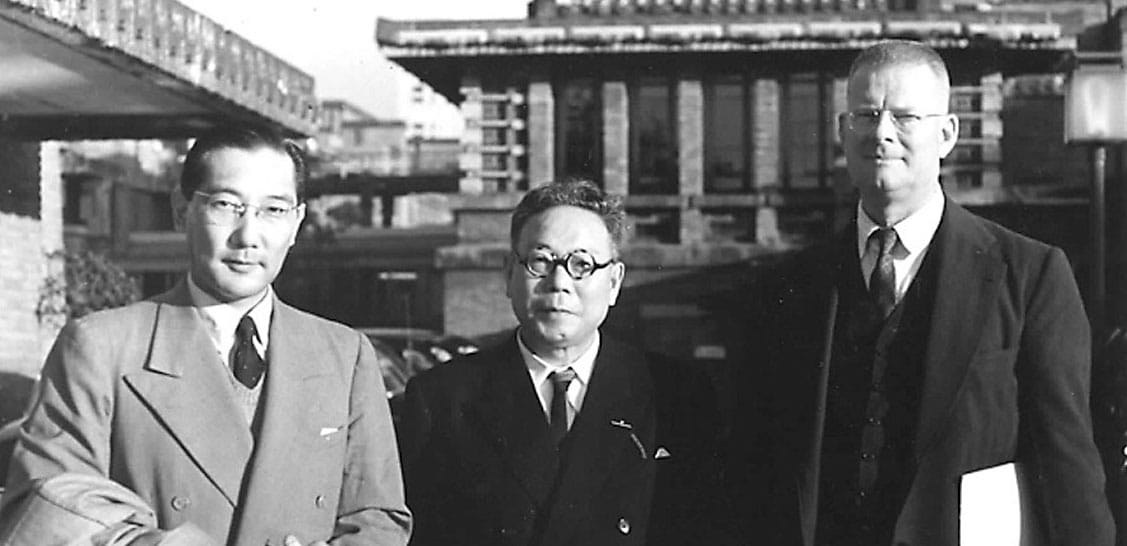Guest post by John Hunter, author of Management Matters: Building Enterprise Capability.
Quality Digest published a transcript of a speech given by W. Edwards Deming in Tokyo in 1978: Quick Review of Some New Principles of Administration. Follow that link for the full transcript.
Principle 1
It is demoralizing and costly to call to the attention of a production worker a defective item that he has made, when he is in a state of statistical control with respect to the cause of that defect.
This idea is familiar to those learning about Deming’s ideas. Dr. Deming reminds us of the damage (understanding of psychology) in blaming workers for the inevitable results of systems when they don’t have the authority or knowledge to improve the system. What should be done about this problem? Give people the knowledge they need to improve (provide training/education on understanding of variation, systems thinking, etc.) and create a management system which allows them to improve the systems related to the work they are doing.

Principle 9
Causes of high cost of production, with loss of competitive position, may be usefully subsumed under two categories: [Faults of the system (common or environmental causes) 85% and Special causes (These causes are specific to a certain worker or to a machine. A statistical signal detects the existence of a special cause, which the worker can usually identify and correct.) 15%]
…
The percentages shown only indicate that, in my experience, problems of the system overshadow special causes. Design of product, and testing in service, are part of the system and are the responsibilities of management.Common causes get their name from the fact that they are common to a whole group of workers: They belong to the system.
No improvement of the system, nor any reduction of special causes of variation and trouble, will take place unless management attacks common causes.
Confusion between the two types of cause leads to frustration at all levels, and leads to greater variability and to higher costs—exactly contrary to what is needed.
These are extremely important ideas. Most organizations, even today, do not understand these ideas and that lack of understanding does great damage to their performance. Even organizations trying to practice Deming’s ideas often could benefit from improving their management system with these ideas in mind. I have written about the ideas in this short excerpt in quite a few blogs posts including:
94% Belongs to the System (over time Dr. Deming increased his assessment of how large the system influence was); Distorting the System, Distorting the Data or Improving the System; How to Start Applying Deming’s Ideas on Management; Educate New Managers on Their New Responsibilities; Transforming the Management System of an Organization and The Greatest Waste.
Principle 17
Performance of a product is the result of interaction between three participants: 1) the product itself; 2) the user and how he uses the product, how the customer installs it, how he takes care of it, and the conditions of use (example: customer permitted dirt to fall into roller bearing); and 3) instructions for use, training of customer, service provided for repairs, training of repairmen, and availability of spare parts.
The manufacturer of a piece of equipment on which service records are kept may learn continually by studies of the records how the total package of trouble is apportioned amongst the three components and how to improve most economically the performance of his product.
In this principle, and several others, Dr. Deming demonstrated his view of how critical customer focus is. Again, even today, many organizations don’t focus on the customer’s actual experience with the product or service but instead are focused on internal measures that don’t include the customer’s use of the product or service.
This transcript provides good ideas for any manager today. It also shows how Dr. Deming evolved his focus over time. While the above selections show his ideas went far beyond statistics early on, reading all the principles does show a focus on data and statistics that Dr. Deming reduced over the decades as he learned what was most important to help organizations transform. Data and understanding variation and systems remain critical but the importance of psychology and more specifics on how executives and managers need to focus on the management system gained more emphasis as Dr. Deming gained even more experience. Also, the concepts related to appreciation of systems that are apparent in this transcript to those that know Deming’s ideas were made much more explicit in his future consulting, writing, and presentations.


